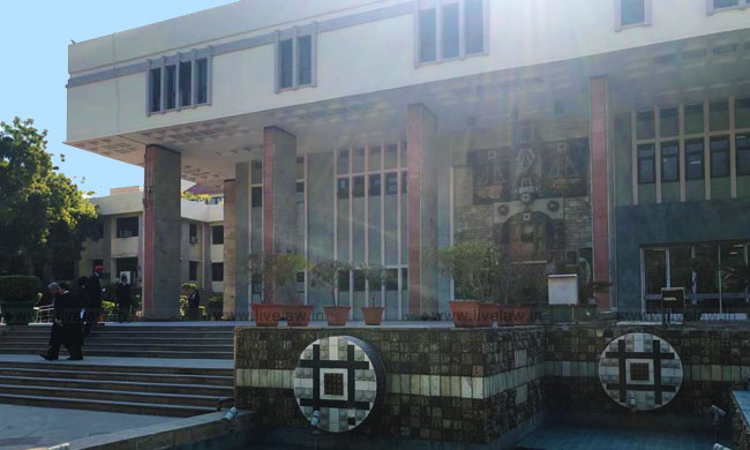Summons U/S 160 CrPC Cannot Be Issued By Police Officer Without Registration Of FIR: Delhi High Court
Nupur Thapliyal
13 Jun 2022 12:30 PM IST

Next Story
13 Jun 2022 12:30 PM IST
The Delhi High Court has observed that summons or notices under Section 160 of the Code of Criminal Procedure can be issued by a Police Officer in order to set investigation into motion and that registration of FIR is must for the same.Section 160 CrPC provides for a Police officer's power to require attendance of witnesses.Justice Chandra Dhari Singh made the said observation while answering...
